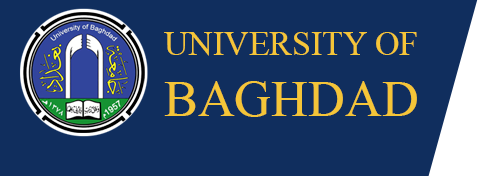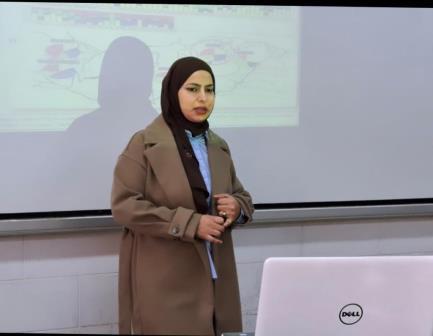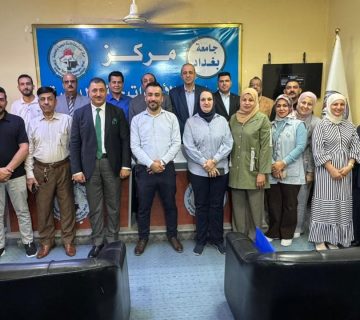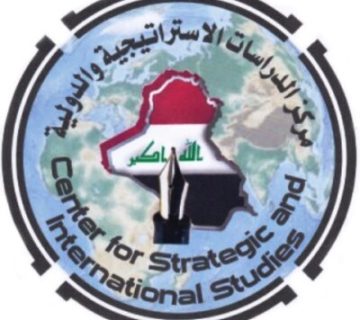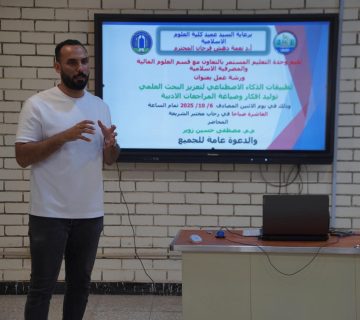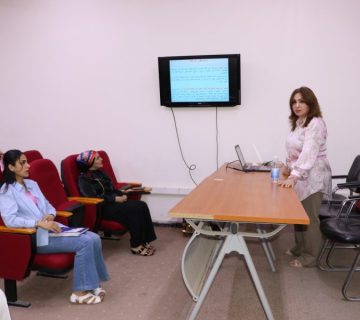The Department of Biology, in cooperation with the Continuing Education Unit at the College of Science, has organized a lecture entitled: “The Importance of Genetic Diversity of Fish and Preservation as a Basis for the Efforts of Species Management and Conservation” in the presence of a number of postgraduate students, researchers and those concerned with fisheries and the environment. The lecture has depended on an understanding of the diversity and genetic structure and selection of high-quality hosts of endangered species, which is essential for participation in successful conservation and management programs, aimed at describing the genetic diversity of species as a starting point for systematic planning work aimed at preserving species and reducing the risk of extinction.
The lecture was presented by the lecturer Fatima Ali Abd including a review of the description of the population structure and genetic diversity of the Hungarian and endangered fish (Carassius carassius L. 1758) and (Tinca tinca L. 1758), stressing the importance of evolutionary relationships and geography using genetic methods, paving the way for the accurate identification of conservation management units and selective breeding programs. The study showed that there is medium and high genetic diversity in these species and revealing that wild groups have higher genetic diversity than farmed ones, which is the first initiative in evaluating the genetic diversity and demographic composition of them, thus, high-genetic variation groups could be ideal for future breeding and conservation programs.
